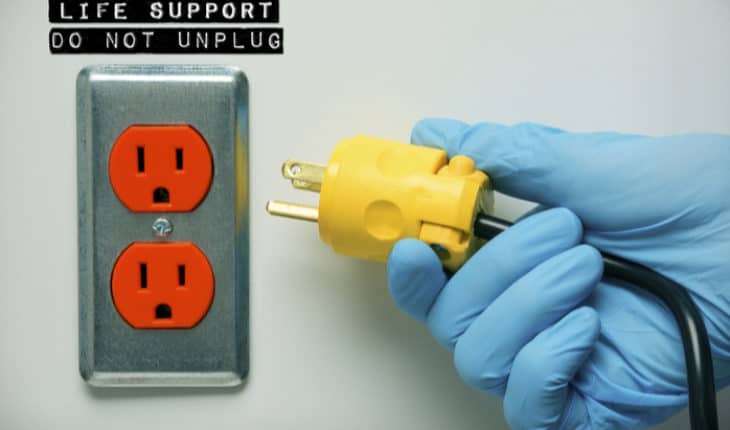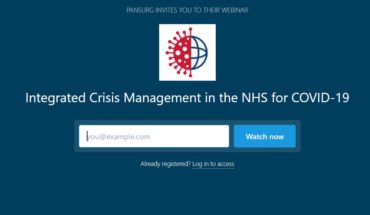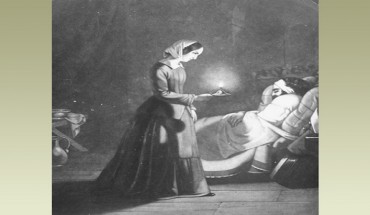Following a vote of nearly 7,000 doctors, the Royal College of Physicians has dropped its opposition to assisted dying and adopted a neutral stance. Interestingly, those who voted for a neutral stance were a minority, only 25% of respondents. The rest were split between opposing a change in the law (43%) and supporting a change (32%). As the RCP noted in its press release, ‘neutrality reflects the lack of a simple majority for any particular view’.
There is no criminal offence of committing or attempting to commit suicide but the Suicide Act 1961 currently prohibits encouraging or assisting someone else’s suicide. The maximum penalty is 14 years’ imprisonment.
Whether the law on assisted dying should be changed is not a decision that turns solely on medical considerations. It is not a question that only doctors can answer by virtue of their special skill and knowledge, like the decision to clip or coil an aneurysm. If it did, one would perhaps expect greater consensus than the rift reflected in the RCP’s vote.
The issue of assisted dying involves value judgements, including judgements about people’s freedom to choose how to die, the limits of respecting people’s autonomy, the sort of society we want to live in, and even the nature of the medical profession and the doctor-patient relationship.
The issue of assisted dying involves value judgements, including judgements about people’s freedom to choose how to die, the limits of respecting people’s autonomy, the sort of society we want to live in, and even the nature of the medical profession and the doctor-patient relationship.
It is noteworthy that, although 41% of doctors said they personally supported a change in the law permitting assisted dying, only 25% said they would be prepared to participate actively. There are many doctors, therefore, who think people should be allowed to kill themselves but do not wish to be involved in the process. There is no inconsistency in saying something should be legally permitted but that it is morally wrong. Lying, breaking promises and cheating on your partner are sometimes lawful but morally questionable.
In decades past, doctors told patients what to do and not do. They decided what information to disclose and what to withhold, such as a diagnosis of cancer or a grim prognosis. This paternalism, which still dominates in many parts of the developing world, is no longer acceptable in our society. Doctors now inform and educate. The medical profession should be slow to impose its value judgements on others, whether it is the morality of boxing (which the British Medical Association and World Medical Association are still seeking to ban) or assisted dying.
The RCP is right to adopt a neutral stance. This does not mean, however, that doctors cannot make hugely valuable contributions to the debate by informing others about the possible risks, harms and benefits of changing the law from their perspective as doctors. On the contrary, a neutral stance is likely to increase the influence of the College by reducing the risk of perceived bias if it comments on proposed legislation.
The RCP’s shift to a neutral stance on assisted dying removes one of the barriers towards changing the law. In Parliamentary debates, the RCP’s opposition was used to bolster the argument for maintaining the status quo. However, many barriers remain, including from bodies such as the British Medical Association. Let us hope the RCP’s decision will cause other medical institutions to reconsider their stance and their role in this most important of debates.
Daniel Sokol is a medical ethicist and author of ‘Tough Choices: Stories from the Front Line of Medical Ethics’ (2018).
- COVID-19 Intensive Care Triage Protocol - 11th April 2020
- Remedial Ethics For Clinicians - 8th December 2019
- Doctors, Status and Social Media - 6th June 2019







